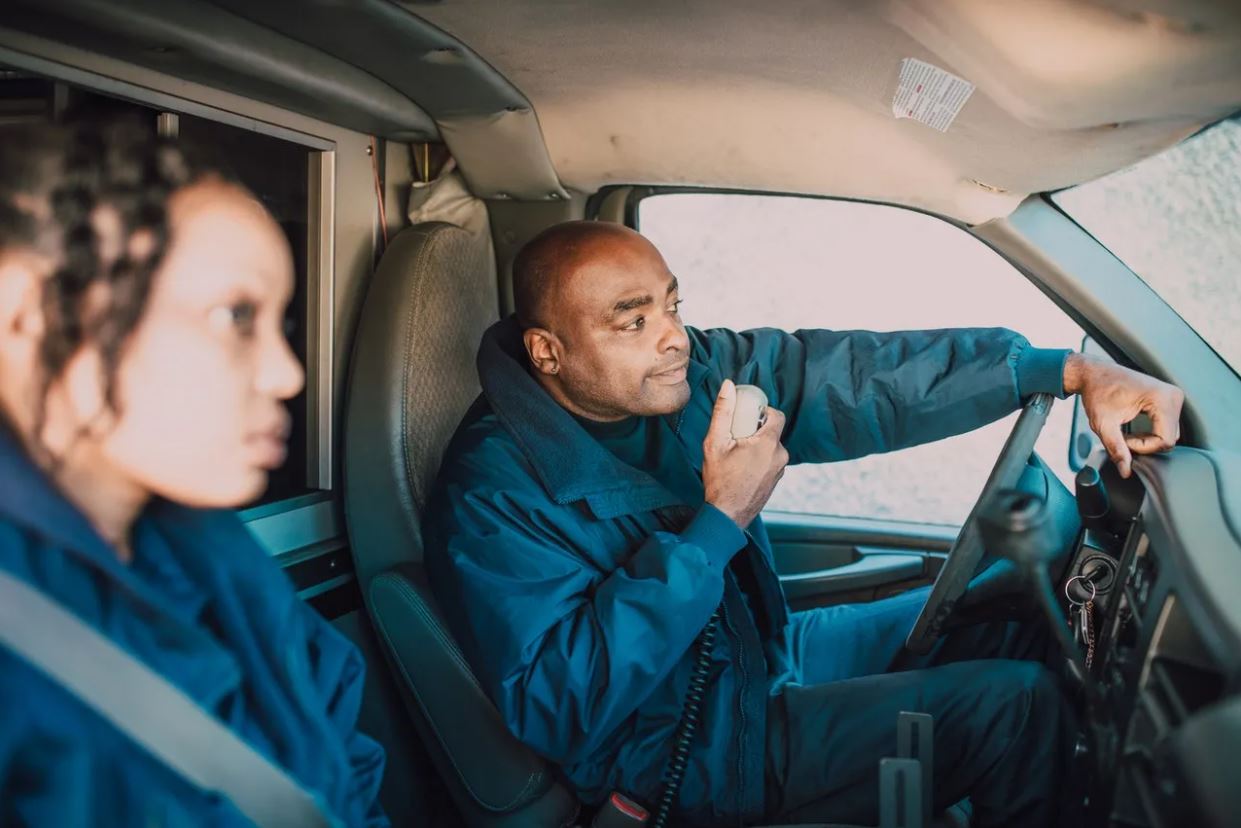HOUSE BILL 283 EXEMPTION FOR AMATEUR RADIO OPERATORS
OHIO’S DISTRACTED DRIVING BILL PASSES
Governor Mike DeWine signed Senate Bill 288, which allows police to pull people over if they’re seen using a cell phone while driving.
Previously, only teenagers could be pulled over for use of a cell phone while driving; adults could not be pulled over for it, but could be cited for it if they were pulled over for another reason.
“This bill is about a lot more than pulling people over and handing out tickets,” DeWine said. “It’s about changing the culture around distracted driving, and normalizing the fact that distracted driving is just as dangerous as drunk driving.”
There are some cell phone usage allowances that won’t get drivers in trouble:
- Drivers are allowed to use a phone when the vehicle is parked or stopped at a red light
- Drivers are allowed to swipe their screens to answer a call
- Holding a cell phone to your ear during phone calls is allowed
- Emergency calls will not be restricted
- Use of a GPS function or navigation device is fine, but must be mounted on the dash or console and not handheld
SB288 will go into effect in Ohio in 90 days — April 3, 2023.
Until then, police can still pull drivers over for cell phone usage, but will instead only issue written warnings.
Once it’s in effect, drivers can be cited up to $150 for their first offense and two points on their driver’s license. Repeat offenders can receive increased penalties.
However, within the Bill, there is an exemption for Amateur Radio Operators found on page 23 of House Bill 283:
“An “electronic wireless communications device” does not
include a two-way radio transmitter or receiver used by a person
who is licensed by the federal communications commission to
participate in the amateur radio service.”
And as stated on page 3 of the Bill Analysis:
“The only general exemption is a two way radio transmitter or receiver used by a person licensed by the Federal Communications
Commission to participate in the Amateur Radio Service. Thus, such radios may still be generally used and are not subject to the prohibitions and limitations of other types of EWCDs.”

